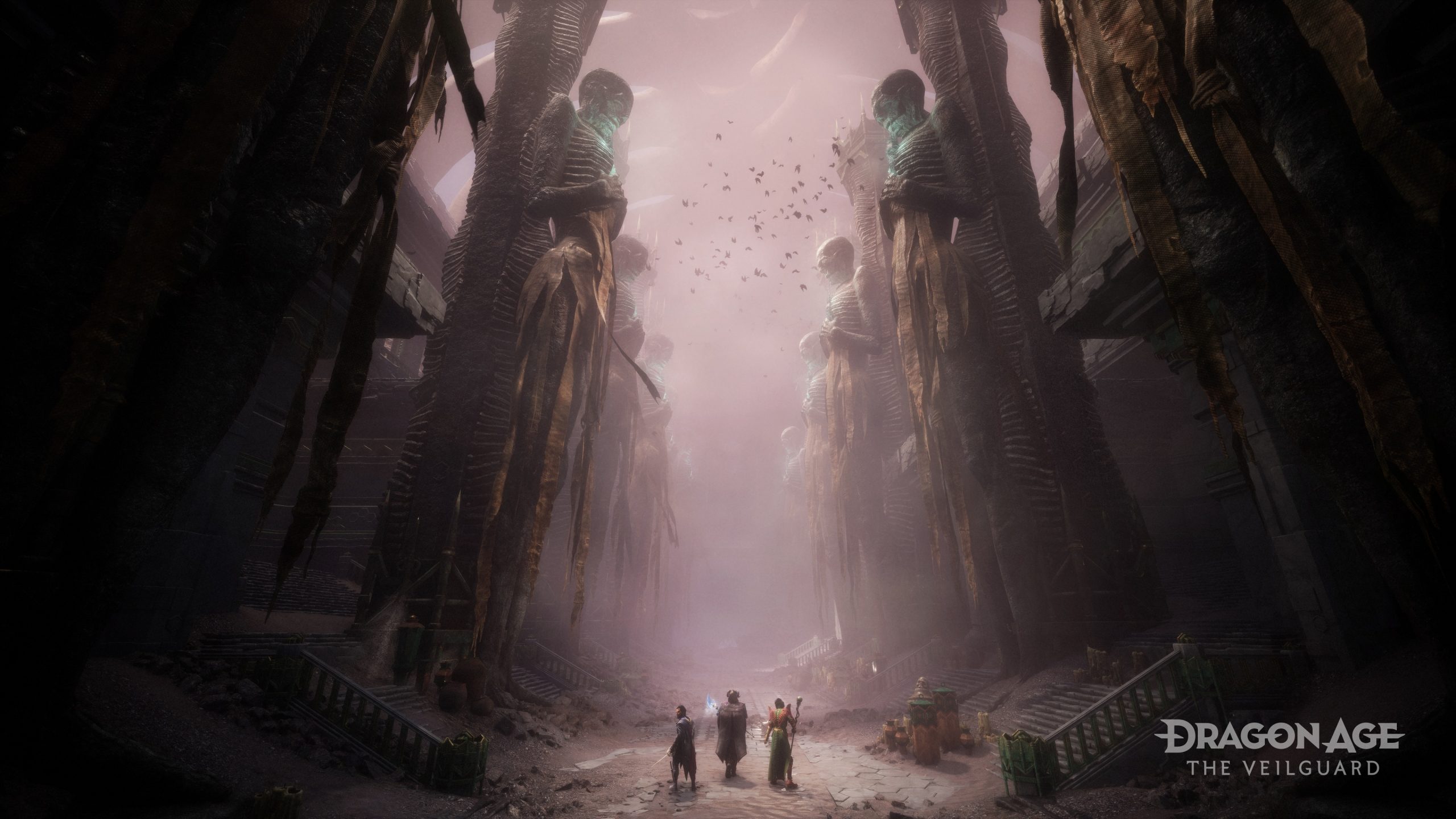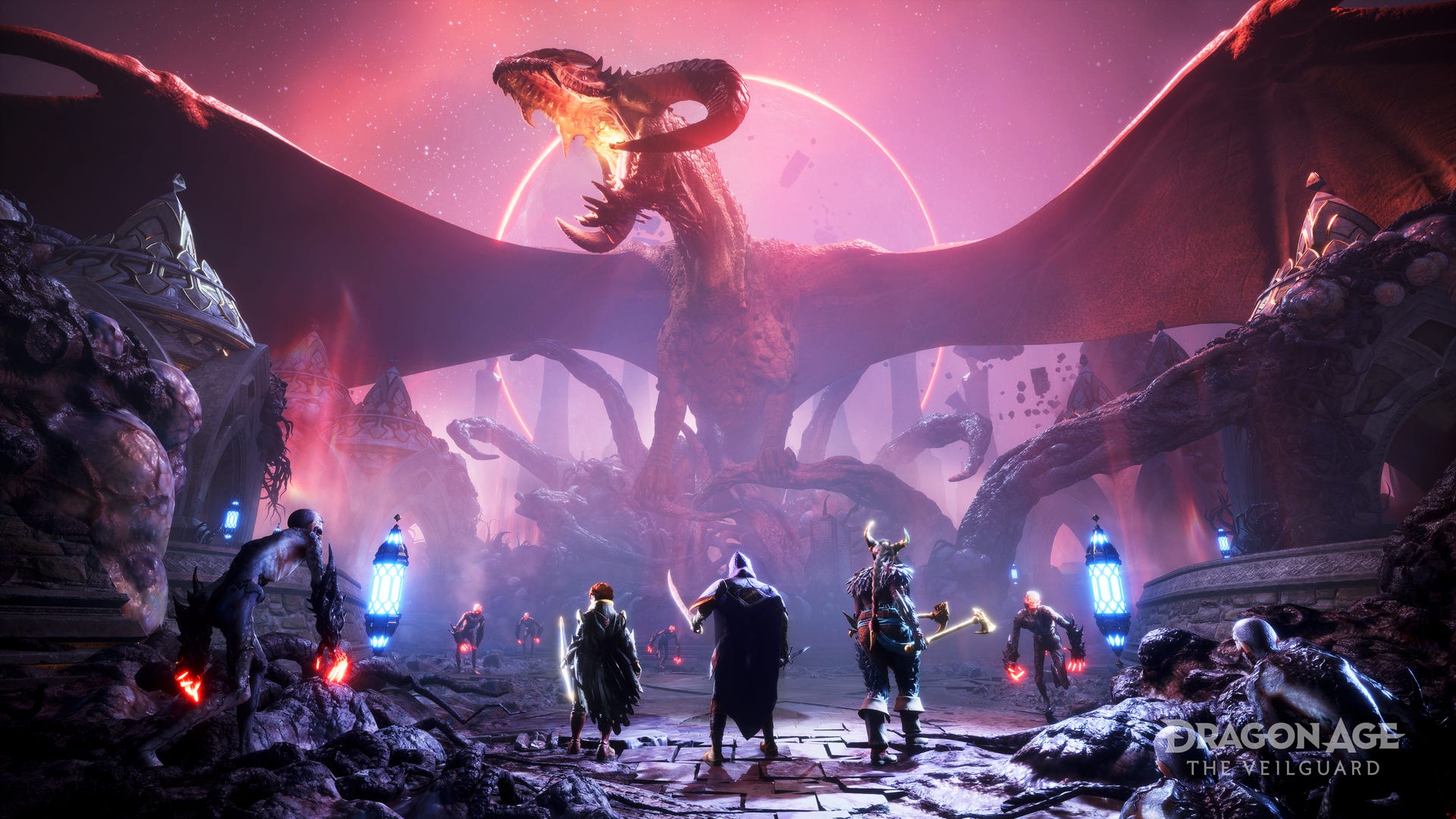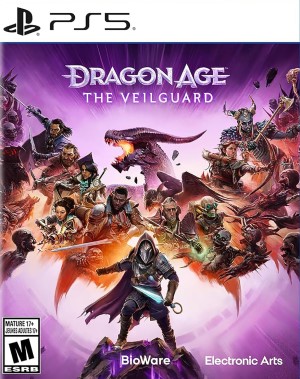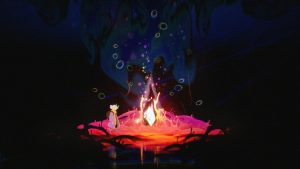
Clearly, there’s going to be plenty of reasons to play Dragon Age: The Veilguard. Based on everything that we have seen of it so far, it looks like the action RPG is taking promising shape with its combat, its progression and customization mechanics, its setting, its cast of companion characters and the relationships that you will form with them, and more. But of course, the one thing that has historically attracted audiences to games made by BioWare over almost anything else is the focus that the studio tends to place on choice and consequence mechanics.
Interestingly enough, that’s the one area where we haven’t heard quite as much from BioWare about as we have about some of the other aspects of the game we mentioned previously, and that, combined with the fact that this is admittedly an area where BioWare has failed to live up to expectations at times in the past, has resulted in some fans harbouring doubts over whether Dragon Age: The Veilguard is really going to be able to give actual, meaningful narrative weight to the decisions that players make over the course of the game. But if the game is to succeed in the manner that fans of the series of and BioWare as a whole (ourselves included) desperately want it to, it needs to make sure that it sticks the landing with its choice and consequence mechanics.
A big part of the reason for that is, of course, the fact that this game is being positioned as a much needed comeback for a studio that, according to many, has lost its way over the last decade or so. Whether or not it properly implements its choice and consequence systems alone will obviously not make or break the experience, but Dragon Age: The Veilguard will need to win back fans who have been burned by BioWare in this arena in the past. From the way Mass Effect 3 ended to the almost complete lack of choice and consequence mechanics in Anthem to how little player choice was emphasized even in games such as Dragon Age 2 and Mass Effect: Andromeda, BioWare surely has let fans down in the past in this regard, and it needs to make sure that The Veilguard doesn’t repeat those same mistakes.
And of course, it’s not just Dragon Age and BioWare that are this deeply tied to choice and consequence mechanics- western RPGs in general have traditionally depended on such elements massively, and on more than a few occasions, we’ve seen games in the genre achieving groundbreaking success on the back of how well they implement such systems, even in the last decade or decade and a half. Baldur’s Gate 3, The Witcher 3, and BioWare’s own Mass Effect 2 were all games that were as well received and highly acclaimed as they were in huge part because of the tough narrative decisions they constantly asked players to make, and the incredibly ways in which the consequences to those decisions would rear their heads.
Now, does Dragon Age: The Veilguard have to be on that level? Saying yes would, frankly, be unreasonable. The three games we mentioned – Mass Effect 2, The Witcher 3, and Baldur’s Gate 3 – are not only among the best RPGs ever made, they’re some of the greatest games of all time, period, and going into any game with the base expectation that it will be at least as good as those three isn’t something we would recommend in even the best of circumstances. But given the context of the genre, of the franchise, and of the developer in question here, specifically where its choice and consequence mechanics are concerned, we do feel that The Veilguard needs to be shooting for the stars, especially given how long we have been waiting for it.
Some recent developments have made some fans question whether the game is going to be able to do what it needs to on that front- well, one in particular. The Dragon Age series tends to pivot drastically from instalment to instalment in more ways than one, but over the years, it has somehow still managed to allow players to carry forward the key decisions they made in past games, which are then taken into account with the new story that’s being told. With The Veilguard, however, BioWare has confirmed that it’s approaching things a little differently. At the outset of your save, you will be making a handful of choices from past games, though it has been confirmed that only a few of these will be taken into account- specifically, the ones that are tied to The Veilguard’s own story, with all the other choices that players previously made for specific characters, factions, quests, or what have you not being brought up in the upcoming game at all.
Many fans have reacted to that news with vocal disappointment, and it’s not hard to understand why, especially if you have been invested in the series, the stories it’s telling, and the choices that it’s asking you to make over the course of multiple instalments. But while that is certainly a significant disappointment, it doesn’t necessarily have to mean that The Veilguard won’t be able to make good on the promise of proper choice and consequence mechanics within the limits and framework of its own story.
And there are signs that point to that possibility, sure enough. Take the game’s character creator, for instance, where players will be picking between classes and races that will, as per usual, have an impact on the way their character interacts with the characters they meet over the course of the story, in addition to choosing between one of six different factions that, once again, will impact the narrative and how it revolves around protagonist Rook in a variety of ways. Obviously, that’s something that a lot of RPGs claim to do (and a few of them actually do it quite well), but if The Veilguard can make sure that those early decisions continue to web outward and impact the story throughout the game, it’s going to have a huge leg up in the choice and consequences area right off the bat.
And of course, going forward from that point, the game needs to ensure that it continues to place player agency front and center. In many previews in the lead up to its release, the action RPG has been likened to Mass Effect 2, especially in how it is handling companion characters. Our hope, then, is for a game where the fates of these companions will vary wildly depending on players’ actions, and that we’ll be made to feel the weight of our choices in terms of how they affect our companions, their arcs, their relationships with Rook and with each other, and more.
Would The Veilguard’s story and choices have been more impactful, especially for longtime Dragon Age fans, if the game had more deeply integrated choices made by players in prior instalments? Obviously, that would have been the ideal scenario. But there’s still every opportunity for the game to nail its choice and consequence mechanics, and as Dragon Age, BioWare, and RPG fans will tell you, it’s absolutely imperative that it does.
Note: The views expressed in this article are those of the author and do not necessarily represent the views of, and should not be attributed to, GamingBolt as an organization.

















